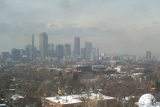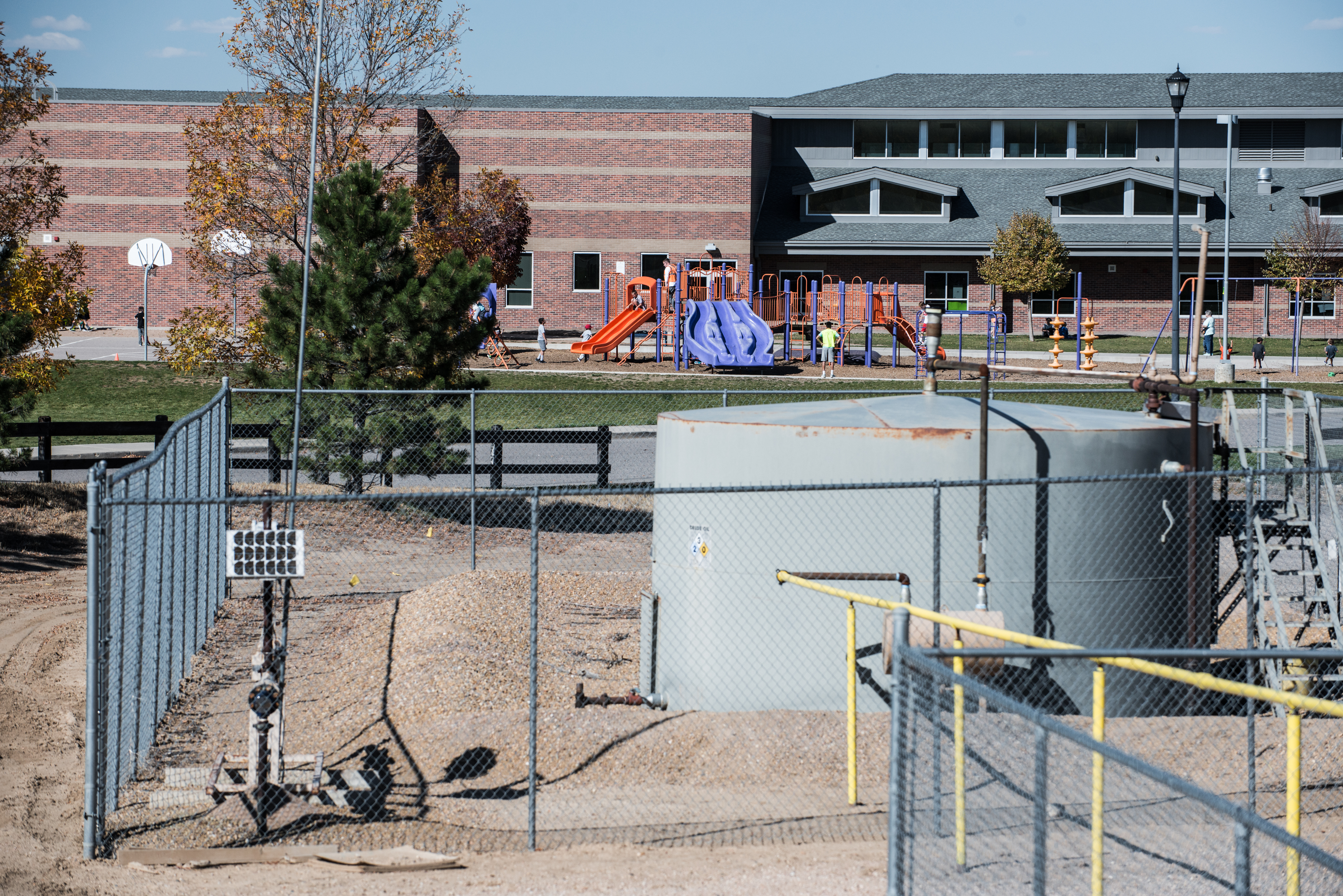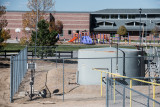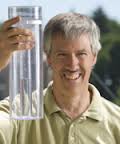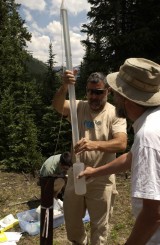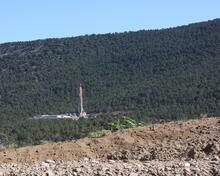
NEPA rollbacks, environmental impacts (start time: 6:25) Amidst a flurry of moves by the Trump administration to roll back environmental regulations, last month a White House agency proposed a rule to rescind a landmark law meant to protect wildlife, their habitat, and human communities from unchecked development, and to ensure that the public has a say in projects ranging from oil and gas drilling to wind and solar farms. The rule, if it goes into effect, would mean that the White House Council on Environmental Quality would no longer enforce how the National Environmental Policy Act (NEPA) is carried out. As a result, many infrastructure projects would not be subject to environmental review. A public comment period regarding this proposed rule ends on Friday, March 27. (Click here to submit any comments.) How On Earth host Susan Moran interviews Jim McElfish, a senior advisor at the Environmental Law Institute, a nonpartisan, nonprofit center working to strengthening environmental protection by improving law and governance.
Hosts: Susan Moran, Joel Parker
Show Producer: Susan Moran
Engineer: Joel Parker
Headline contributors: Beth Bennett, Joel Parker
Executive Producer: Beth Bennett
Listen to the show here:
Podcast: Play in new window | Download (Duration: 25:38 — 35.2MB)
Subscribe: RSS




